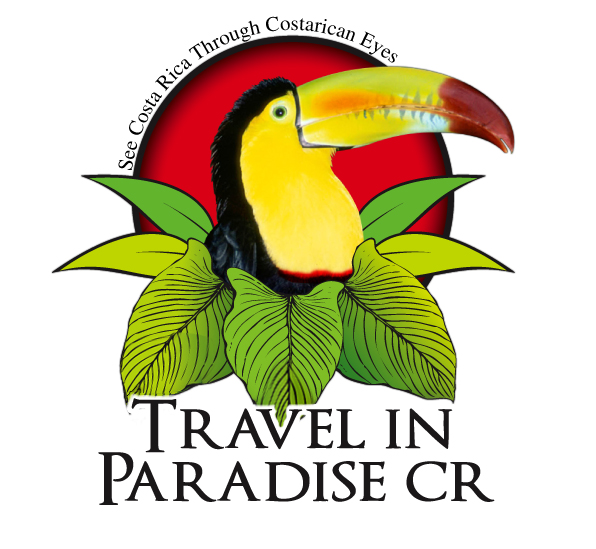The Rise of Eco-Tourism in Costa Rica: A Travel Agency Perspective
In recent years, the concept of eco-tourism has gained significant traction worldwide, and Costa Rica stands at the forefront of this movement. Known for its lush rainforests, stunning biodiversity, and progressive environmental policies, Costa Rica has become a beacon for eco-conscious travelers. For travel agencies, understanding the rise of eco-tourism in Costa Rica is crucial to crafting unforgettable, sustainable travel experiences. In this blog post, we’ll explore the factors driving this trend, the benefits for both the environment and local communities, and tips for travel agencies to capitalize on this growing market.
Understanding Eco-Tourism
Eco-tourism is defined as responsible travel to natural areas that conserves the environment, sustains the well-being of the local people, and involves interpretation and education. This form of tourism prioritizes sustainability and seeks to minimize the negative impacts typically associated with mass tourism.
Why Costa Rica?
Costa Rica is a pioneer in eco-tourism, with nearly 25% of its land designated as protected areas. This Central American country harbors an incredible 6% of the world’s biodiversity, making it a haven for nature lovers and eco-tourists. The government’s commitment to environmental sustainability, coupled with its renowned hospitality, makes Costa Rica an ideal destination for eco-friendly travel.
The Economic Impact of Eco-Tourism
Eco-tourism in Costa Rica not only benefits the environment but also contributes significantly to the local economy. The tourism sector accounts for approximately 8.2% of Costa Rica’s GDP, with eco-tourism playing a vital role. By attracting conscientious travelers, eco-tourism generates employment opportunities and supports small businesses, particularly in rural areas.
Empowering Local Communities
Eco-tourism empowers local communities by promoting cultural exchange and providing a platform for showcasing traditional practices. Many eco-lodges and tours are operated by local families, ensuring that the economic benefits are directly reinvested into the community. This model supports sustainable development and helps preserve cultural heritage.
Environmental Benefits
Eco-tourism in Costa Rica has contributed to the preservation of its rich biodiversity. By promoting conservation efforts and reducing carbon footprints, eco-tourism helps protect endangered species and fragile ecosystems. Many eco-tourism initiatives in Costa Rica focus on reforestation, wildlife conservation, and environmental education.
Case Study: The Monteverde Cloud Forest Reserve
The Monteverde Cloud Forest Reserve is a prime example of successful eco-tourism. This reserve attracts over 70,000 visitors annually and is home to more than 400 bird species. The revenue generated from eco-tourism is reinvested into conservation projects, ensuring the protection of this unique ecosystem.
Travel Agency Strategies for Promoting Eco-Tourism
Travel agencies play a pivotal role in promoting eco-tourism in Costa Rica. By adopting sustainable practices and offering eco-friendly travel packages, agencies can meet the demands of environmentally conscious travelers. Here are some strategies to consider:
1. Partner with Local Eco-Friendly Businesses
Collaborate with local eco-lodges, tour operators, and transportation services that prioritize sustainability. This not only enhances the travel experience but also supports the local economy.
2. Offer Educational Tours
Design tours that include educational components, such as wildlife conservation projects or guided nature walks. Educating travelers about the importance of conservation enriches their experience and fosters a deeper connection to the destination.
3. Implement Sustainable Practices
Adopt sustainable practices within your agency, such as reducing paper use, promoting digital communication, and offsetting carbon emissions. These initiatives demonstrate your commitment to sustainability and resonate with eco-conscious clients.
Challenges and Considerations
While eco-tourism presents numerous opportunities, it also comes with challenges. Travel agencies must balance the desire to attract tourists with the need to protect natural resources. Over-tourism can lead to environmental degradation, which is counterproductive to the principles of eco-tourism.
Maintaining Authenticity
Ensuring that eco-tourism remains authentic and beneficial to local communities is crucial. Travel agencies should actively engage with local stakeholders to understand their needs and incorporate their perspectives into tour offerings.
Conclusion
The rise of eco-tourism in Costa Rica represents a significant shift towards sustainable travel practices. For travel agencies, embracing this trend is not only a business opportunity but also a responsibility to promote environmental stewardship and community empowerment. By prioritizing sustainability and offering meaningful travel experiences, agencies can contribute to the preservation of Costa Rica’s natural beauty and cultural heritage for generations to come.
Whether you are a travel agency looking to expand your offerings or a traveler seeking an eco-friendly adventure, Costa Rica provides a model for sustainable tourism that benefits both the environment and local communities. As the world continues to move towards more sustainable practices, Costa Rica’s eco-tourism industry is poised to lead the way.

Recent Comments